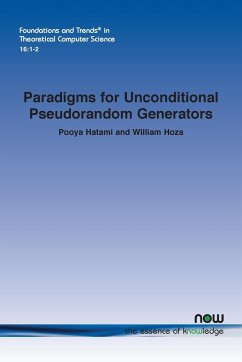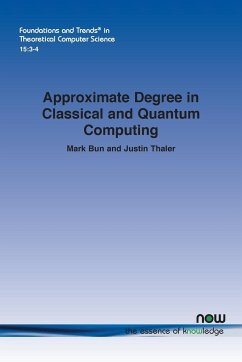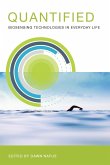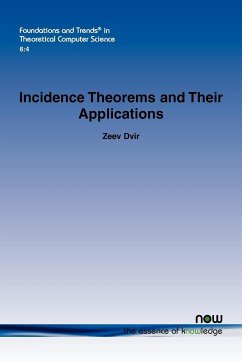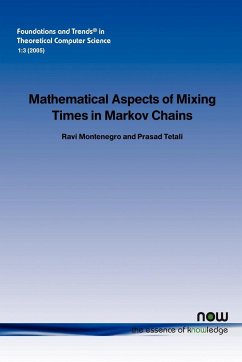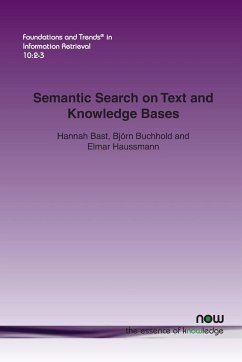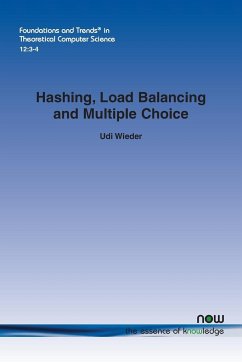The focus of this monograph is the question of quantified derandomization. Does derandomization of probabilistic algorithms become easier if we only want to derandomize algorithms that err with extremely small probability? How small does this probability need to be in order for the problem's complexity to be affected? In this comprehensive survey of the topic, the author describes the body of knowledge accumulated since the question was first raised in 2014, focusing on the following directions: 1) Hardness vs "quantified" randomness; 2) Improving on the brute-force algorithm for quantified derandomization implies breakthrough circuit lower bounds; 3) Unconditional algorithms for quantified derandomization of low-depth circuits and formulas; 4) Arithmetic quantified derandomization; 5) Limitations of certain black-box techniques and pseudoentropy. Written for researchers, this monograph provides the readers with a concise overview of all known results, but the author also shows several results that are either new or are strengthenings of others. The author also offers a host of concrete challenges and open questions surrounding quantified derandomization.


